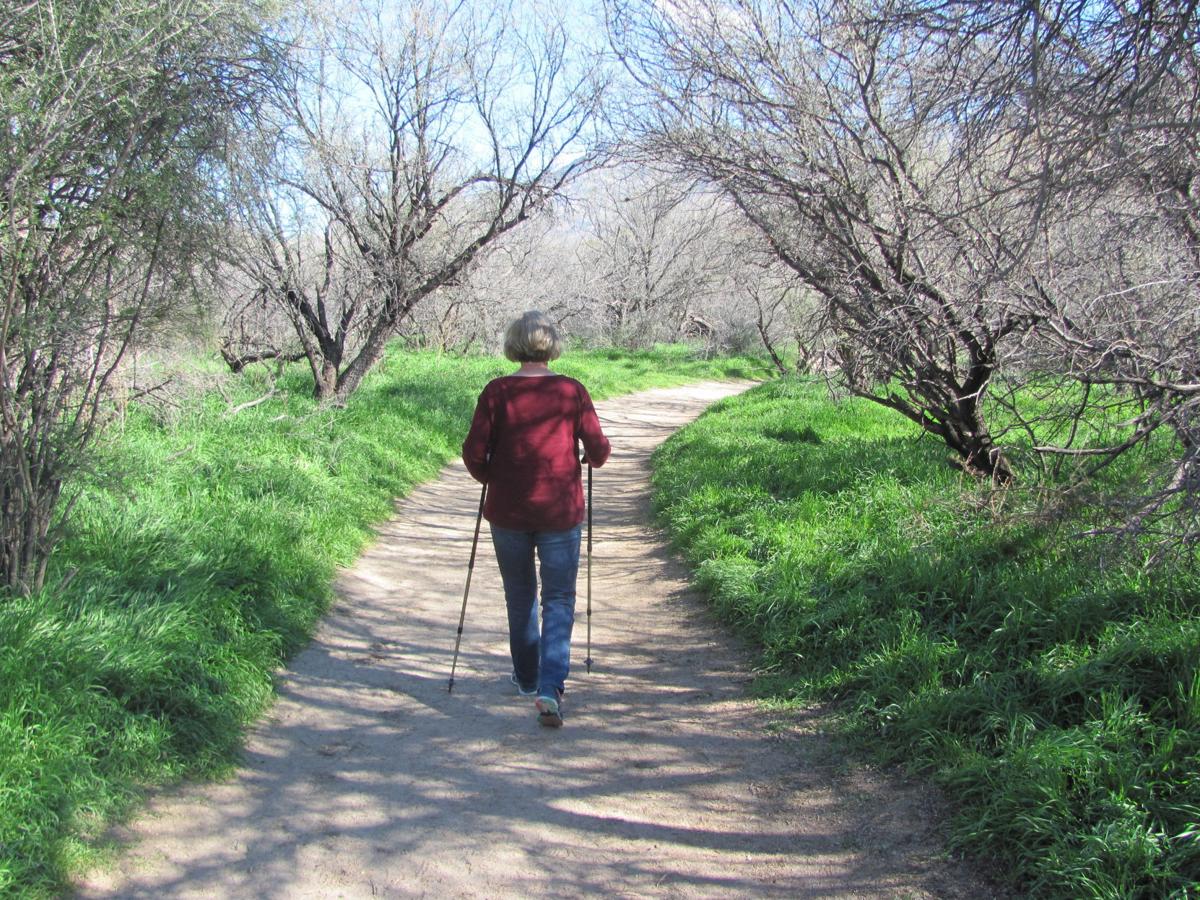The following column is the opinion and analysis of the writer.
As an environmentalist, a mom and an active community member, I understand deeply what accessible parks mean for improving the quality of life for my family and our communities.
It’d be hard to name my favorite public space. It is where I reconnect with family and friends, where we laugh, relax, and admire the beauty and awe of mother nature. Parks represent an investment in our health, environment, and access to open spaces for future generations.
Our parks provide us many benefits, which is why I fight for programs like the Land and Water Conservation Fund (LWCF). This federal fund allocates $900 million a year in royalties generated by the oil and gas industry to invest in public lands and enhance open space across the nation. These are not tax dollars. These royalties represent just a fraction of profits and revenue generated by the fossil fuel industry on our public lands.
LWCF has shown bipartisan support through its 50-year history. Earlier this year, Congress voted to permanently authorize LWCF. This historic bipartisan public lands bill was led by Tucson’s Raúl M. Grijalva, Chairman of the Natural Resources Committee. But the passage of LWCF is only a partial victory. If we are to ensure our parks and community are protected, we need the Arizona delegation to support funding the LWCF.
LWCF funding bills before Congress will guarantee the $900 million in royalties for LWCF are invested correctly to protect our land, our water, and to promote conservation. Unfortunately, Congress currently diverts LWCF funds that should be invested in our parks and public lands.
Permanent and guaranteed funding for LWCF would mean better funding for Arizona. Since its inception, LWCF has invested nearly $230 million across Arizona, preserving open spaces, protecting wildlife, and investing heavily in state and local parks. LWCF played an important role in developing Catalina State Park, Saguaro National Park, the San Pedro Riparian National Conservation Area, and Tumacácori National Historical Park.
LWCF helps communities create green, open spaces and make the outdoors accessible to all of us. Not every family has the resources to travel outside of the city — but we all can think of neighborhood parks that have played a big role in our lives. LWCF has granted more than $10 million to local parks across Pima County, like Udall Park on the east side, Kennedy Park on the west side and Rudy Garcia Park on the south side to smaller parks like Jesse Owens, the Santa Cruz River Park, Sunnyside Park and even projects like the lighting at Catalina High School.
These local parks are where we celebrate birthdays, smash piñatas, barbecue with friends and family, play baseball and soccer, learn to swim, and make new friends. For many of us, city parks are the backdrop of our childhood. They should continue to be defended.
I encourage the entire Arizona congressional delegation to protect our public spaces and local parks, and support permanent funding of LWCF. Parks should not be a partisan issue. Parks — in our city, in Arizona and across the country — are for everyone to enjoy.





